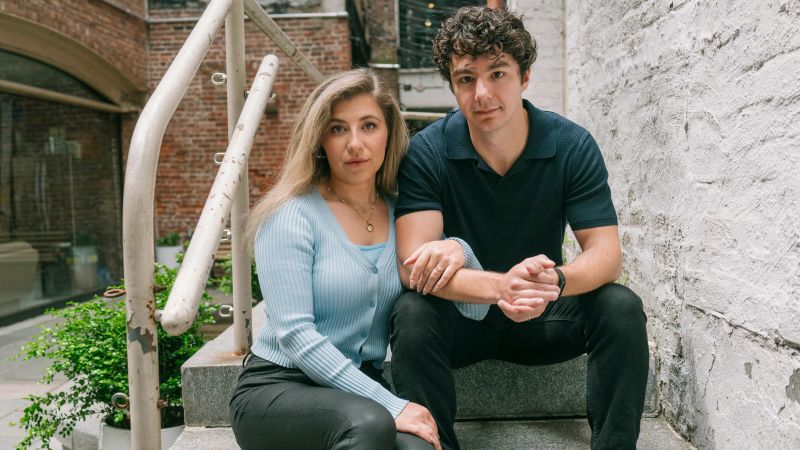Voice actors Paul Skye Lehrman and Linnea Sage are suing AI firm Lovo for allegedly using their voices in AI-generated projects without their consent. Lovo, based in Berkeley, California, specializes in AI-generated voice technology for marketing, education, and product demos. The lawsuit, seeking class action status, alleges that Lovo used their voices to create and sell AI-generated versions without permission. This lawsuit is part of a trend where creatives are suing tech companies for using their work to train AI systems.
The legal action brought by Lehrman and Sage is part of a larger concern over the training of AI models that require extensive data and the potential copyright and intellectual property violations that may occur. Their complaint alleges that Lovo used their voices without their agreement, which is considered theft of service and misappropriation. The lawsuit represents a growing wave of creatives, writers, and artists challenging tech companies over unauthorized use of their work to train AI systems that could compete with them.
Lehrman states that he received a job request in May 2020 on Fiverr for voice-over narrative services for “academic research purposes only.” Despite assurances that the samples would not be used for anything else, Lehrman later heard his voice narrating a YouTube video and on a podcast discussing AI dangers. Sage, on the other hand, was contacted for test scripts for radio ads in 2019 on Fiverr and paid $400. She later discovered her voice in a YouTube video of a Lovo investor presentation showcasing its technology.
Lehrman and Sage allege that Lovo misrepresented the use of their voice samples, which were later sold or used for fundraising by the company. The actors claim that the product customers purchased from Lovo, featuring their voices, is stolen property marketed under false pretenses. They are seeking more than $5 million in damages and a court order to prevent Lovo from continuing to use their voices without permission.
The lawsuit represents a growing concern over the ethical implications of using AI-generated content without consent from the individuals involved. Companies like Lovo are facing legal challenges from creatives who claim their work is being exploited for profit without their authorization. This case highlights the need for clearer guidelines and legal protections to ensure that the rights of voice actors and other creatives are respected in the growing field of AI technology.
Overall, the case of Lehrman and Sage against Lovo underscores the importance of consent and transparency in the development and use of AI-generated content. As AI technology becomes more prevalent in various industries, it is essential to establish clear boundaries and legal safeguards to protect the rights of individuals whose work is being used to train AI systems. The outcome of this lawsuit could set a precedent for future cases involving the unauthorized use of creative work in the development of AI technology.













